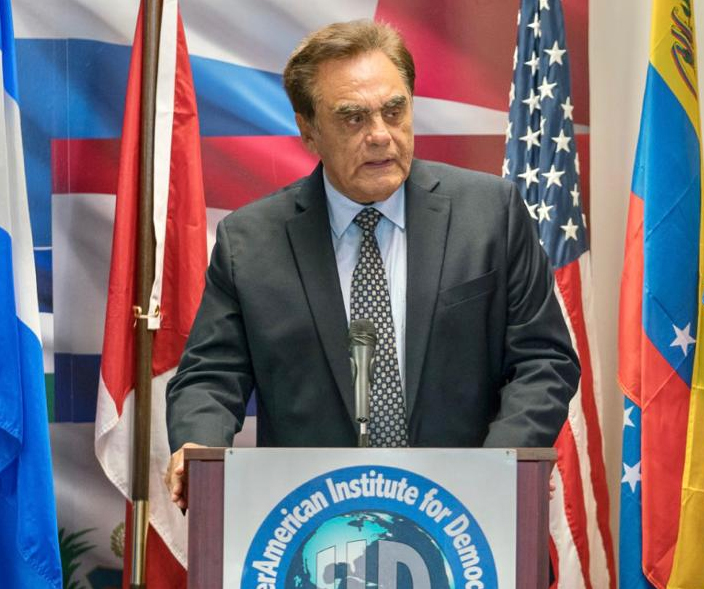Bolivia: Elections without Evo?

By: Luis Gonzales Posada - 25/07/2025
Share:
There are three weeks left until the elections in Bolivia, where 7.9 million citizens will elect a president, vice president, 130 deputies, and 60 senators.
Without a doubt, this will be a highly significant event for the Andean nation and for Peru, as we share a common border of 1,044 kilometers, a vast area with limited security and a high rate of smuggling of vehicles, merchandise, drugs, and gold. In this regard, a report by the Commission to Combat Illicit Trade of the National Society of Industries (SNI) warned that "smuggling is part of a complex scheme of illicit activities and fuels the expansion of criminal networks in the country."
Likewise, Peru and Bolivia, along with Colombia and Ecuador, are part of the Andean Community of Nations (CAN), all of which are important considerations for being aware of the Bolivian electoral process.
However, there is no clear winner. Businessman Samuel Doria Medina has 19.6% of the voting intention; former President Jorge "Tuto" Quiroga, 16.6%; and Andrónico Rodríguez, coca grower leader and former Speaker of the Senate, 13.7%; blank votes and undecided votes climbed to 25%.
Evo Morales was unable to participate because the Constitution prohibits reelection and because he is hiding in El Chapare to avoid the police carrying out a court order to arrest him for having sexual relations with a minor, with whom he fathered a daughter.
However, from hiding, he launches violent attacks on President Arce, calling him a "traitor," a "criminal," and someone who "has Indigenous blood on his hands." He will undoubtedly, despite legal impediments, attempt to disrupt or sabotage the elections.
His group, the Movement Toward Socialism (MAS), has virtually disappeared after leaving Bolivia in ruins: a recent poll placed them in last place, with 1.4%, a percentage that would lead them to lose their legal status.
The crisis has taken its toll on international reserves, which have fallen from $15 billion to $2.8 billion. Gas, which represented 54% of its exports, has fallen to 18.9%; the external debt exceeds 95% of GDP, and it has the highest inflation rate in the hemisphere, at 5.3% per month.
However, Evo and Arce, responsible for this political catastrophe, continue to exchange insults, even accusing each other of drug trafficking, but they are united or colluding in the repression. They keep former president Jeanina Áñez and the governor of Santa Cruz, Luis Fernando Camacho, illegally imprisoned, and with them, some 200 opponents are behind bars.
Both also unreservedly support the totalitarian regimes of Russia, Iran, China, Venezuela, and Nicaragua.
But just as important as these events is the active and harmful presence of Evo Morales, an extremist coca grower agitator who, during Pedro Castillo's administration, toured the south of the country demanding a constituent assembly, the expulsion of the US Drug Enforcement Agency (DEA), and free production of coca leaves. Morales went so far as to attempt to establish a branch of his party in Cusco and pushed for the creation of RunaSur, comprised of the Aymara peoples of Peru, Chile, Bolivia, and Argentina. Given this, the Congress of the Republic was right to declare him persona non grata, and our intelligence services would be wise to monitor him because he is a slippery, audacious, and extremely dangerous individual for democracy.
«The opinions published herein are the sole responsibility of its author».